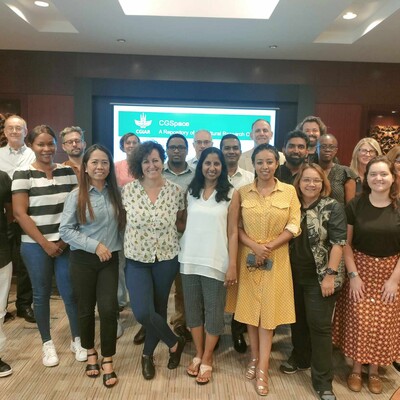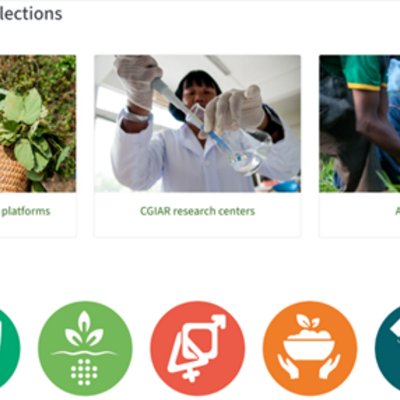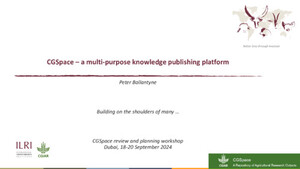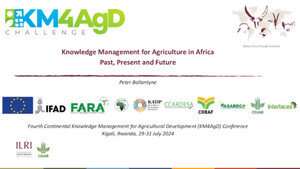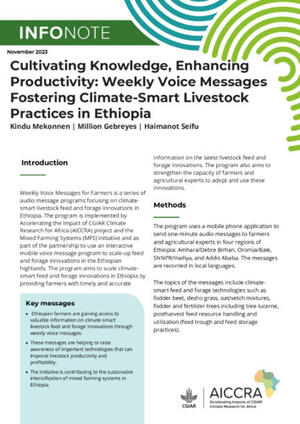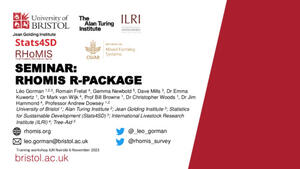
Navigating monitoring and evaluation with a knowledge management compass
Monitoring and evaluation (M&E) often feels as a burden that to be complied with. It is often equated with bean-counting and providing meaningless reports. Yet M&E also offers the promise of great learning – if done well. It can be a real instrument for smart adaptive management to deal with complex organizational agendas.
How do we navigate that complexity? Knowledge management (KM) has a number of tricks and ideas to design smart ways of conducting M&E.
Ewen Le Borgne recently attended a retreat of the United Nations (UN) Agency Monitoring and Evaluation Technical Working group (Ethiopia) and shared issues, insights and practices from his work in ILRI and the CGIAR:
The retreat group (11 participants from 7 UN agencies) raised the following issues:
- The relation between logical framework and theory of change and the fact that these are just tools that need to be used smartly and dynamically;
- Where to find and use existing and relevant ICT applications to monitor data – some of which (like the Open Data Kit) were introduced at the ‘ICT4Ag’ conference in Rwanda in November 2013;
- The connection between adaptive management, KM (with its focus on personal and collective effectiveness) and results-based management approaches that are widely used by UN agencies in Ethiopia;
- The difficulty managing information in M&E and why connecting with discussion groups – such as the Ethiopian network on Knowledge Management for Development – can be a stepping stone towards more effectiveness.
At the recent workshop on Knowledge Management and Communication for CGIAR Research Programs (December 2013), M&E also featured high on the agenda; while the ILRI communications team is unifying its efforts to bring together communication, KM and M&E/learning in a ‘blurred boundaries’ approach that will comprise some of the happy families of engagement.






